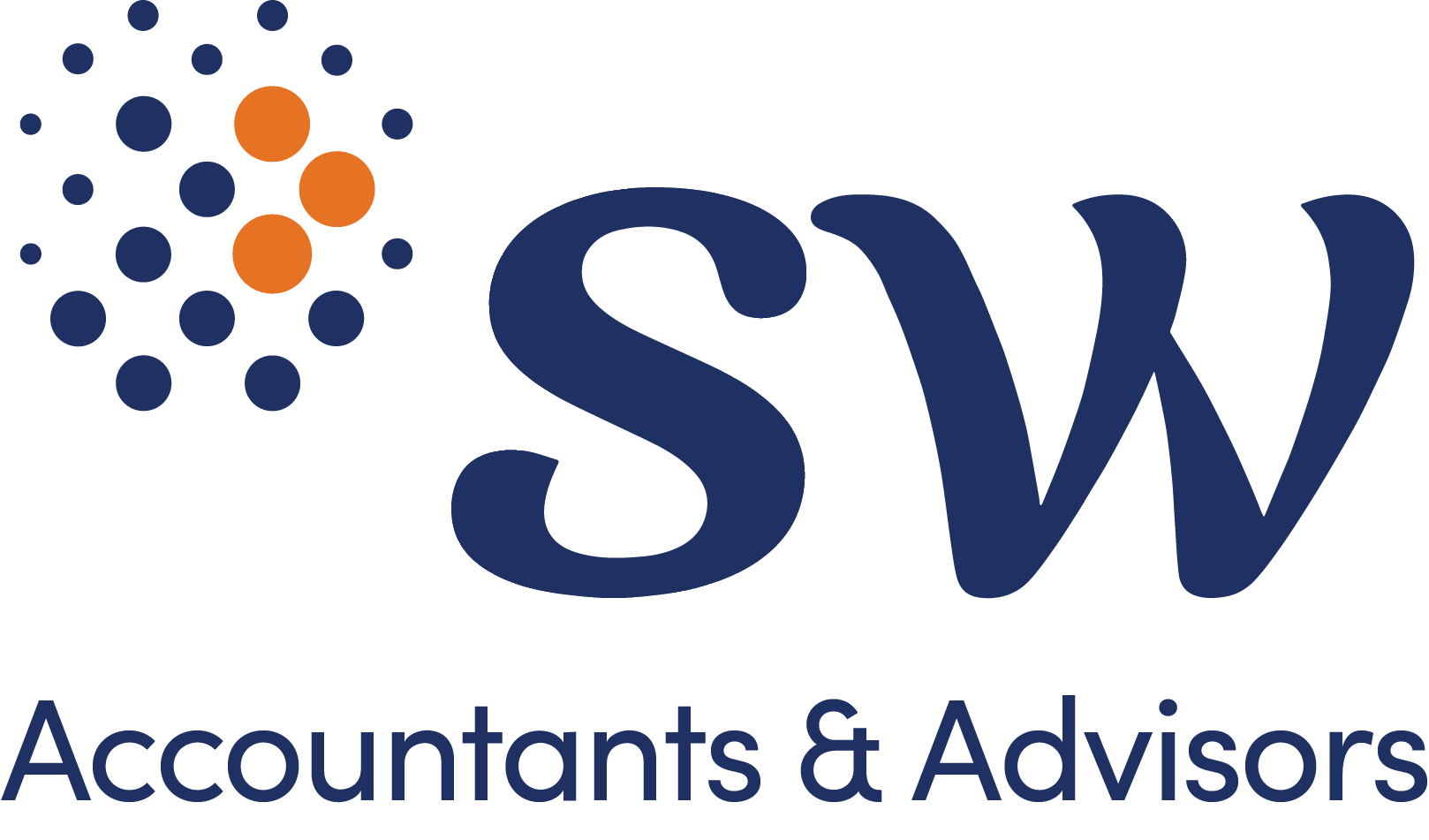
More thin capitalisation reforms – changes to Bill released
07/12/2023
The further thin capital amendments are a step in the right direction for significant multinational tax reform. However, more still needs to be done to ensure the Bill is a targeted and measured response to the issue of base erosion.
The government has introduced more amendments to the thin capitalisation and debt deduction creation rules Bill. While the changes to the Bill are positive, across our client base there are genuine third-party arrangements that will not satisfy the third-party debt test due to inadvertent technical breaches.
SW continues to work with industry bodies to highlight the impact to Treasury. We hope that further amendments will be made to the Bill to ensure it is a targeted and measured response to the issue of base erosion.
Taxpayers will face a further period of uncertainty regarding how the law applies as the Bill has again been referred to a Senate Economics Committee due to report to parliament on 5 February 2024.
What can taxpayers do to prepare?
The focus has largely been on the amendments to the thin capitalisation rules due to its effective date. Our recap of the changes proposed in the Exposure draft can be found here.
However, taxpayers should start identifying the types of arrangements that could be impacted by the debt deduction creation rules as their material impact is arguably greater. The debt deduction creation rules commence on 1 July 2024 for all arrangements and include historical arrangements arising prior to the introduction of the rules.
What are the details of the rules?
The original Bill and amendments are contained across separate documents. This means taxpayers will need to read each document collectively, which is no easy task.
To help you we have prepared a more detailed analysis of the Bill in our Technical Briefing. Our Technical Briefing summarises the application of the proposed law as well as the amendments to the original Bill. Due to the complexity of thin capitalisation, we encourage you to talk to our SW team.
Summary of changes to the Bill
Below are the key changes between the original legislation, released on 22 June 2023 and the Senate amendments made on 29 November 2023:
Choices
- A choice made under the group ratio test will be automatically revoked where a ‘deemed choice’ is made to apply the third-party debt test.
- Revoking choices previously made has been simplified.
Obligor group
- Technical amendment to clarify no requirement to have recourse to all the assets of the entity for that entity to become a member of the obligor group.
- Recourse over membership interest in the borrower will no longer cause the membership interest holder to be a member of the obligor group.
Third party debt test
- Interest rate swaps related to multiple debt interest is deductible under the third-party debt test.
- Conduit financers can recover interest rate swap costs.
- Technical amendments to the pass through of costs where there is a conduit financer.
- The ultimate lender can have recourse to additional permitted assets:
- membership interests in the entity that issued the tested debt interest unless the entity has interest in foreign assets.
- Australian assets of the obligor group.
- Recourse to minor and insignificant ineligible assets can now be disregarded.
- Exemption for different types of credit support rights has been expanded.
Tax EBITDA
- Clarification of tax EBITDA calculation where entity chooses to only utilise a portion of prior year losses.
- Dividends are disregarded when the entity that paid the dividend is an associate entity of the recipient.
- Notional deductions of R&D entities are now required to be subtracted from tax EBITDA.
- Certain deduction relation to forestry and trees are added back.
- Technical amendments so that Tax EBITDA definition operates as intended for trusts and AMITs.
- Entities can ‘push-up’ excess tax EBITDA where that entity is directly controlled (50% or more test) by the parent entity.
Debt deduction creation rules
- The debt deduction must be paid to an associate pair.
- The denial of the debt deduction will occur on a proportionate basis.
- The debt deduction creation rules will apply in priority to the thin capitalisation rules.
- ADIs and securitisation vehicles will be exempt.
- There are three exemptions in situations where the assets have been acquired from an associate pair:
- Membership interests
- Certain tangible depreciating assets
- Debt interest where the parties are merely on-lending.
- Entities that choose the third party debt test will be exempt from the debt deduction creation rules.
- Limitation of the types of payments or distributions that attract the debt deduction creation rules.
- Definition of associates for unit trusts modified for the debt deduction creation rules.
How can SW help?
Our experts can assist with:
- modelling the potential impact of the new rules on your debt deductions
- assessing the feasibility of restructuring the financing structure of the group
- considering whether one of the alternative tests would be applicable and beneficial to your circumstances.
Reach out to your SW advisor for support from our specialist tax team. Download the Technical Briefing for a deeper dive into the technical details.

